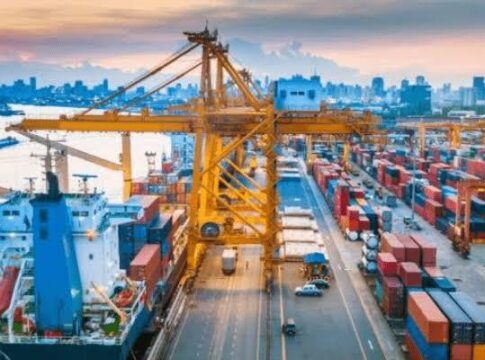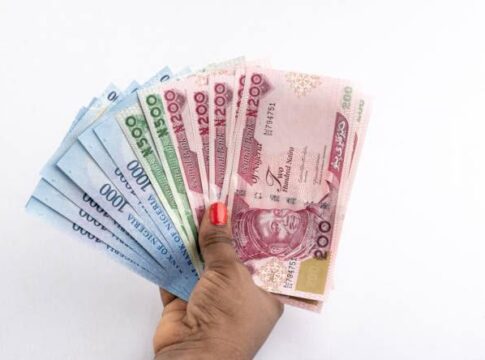Cocoa beans and fertilizer emerged as the top revenue generators, highlighting agriculture and industry’s growing role in the economy.
The Nigerian Export Promotion Council (NEPC) credited the growth to increased production, stronger global demand, and improved trade policies. Executive Director Nonye Ayeni described the performance as a milestone for economic diversification.
“Despite global economic challenges, our non-oil exports grew impressively, showing the resilience of our economy,” Ayeni said.
Cocoa beans accounted for 30.55% of total non-oil exports, reinforcing Nigeria’s status as one of the world’s top producers. Fertilizer exports followed closely, contributing 15.74% to the sector’s earnings. Other key exports included sesame seeds, cashew nuts, aluminum ingots, and cocoa butter.
Cocoa butter, in particular, saw a surge in demand, entering the top 10 exports list due to improved processing and favorable global prices.
READ MORE: Deadly Clashes in DR Congo’s Goma Leave Over 100 Dead, Thousands Displaced
Two companies dominated Nigeria’s non-oil exports in 2024. **Indorama Eleme Fertilizer & Chemical Ltd** led with $475.3 million in export earnings (8.71%), followed by Starlink Global & Ideal Ltd, which exported goods worth $456.7 million (8.37%).
Ayeni emphasised the government’s focus on expanding trade agreements and enhancing market access to sustain the sector’s upward trajectory.
“The success of initiatives like #DoubleYourExport and Export 35 Redefined shows Nigeria’s potential beyond oil,” she noted.
While official figures highlight impressive growth, informal cross-border trade remains a significant yet underreported contributor. Ayeni called for improved tracking systems to capture the full scale of Nigeria’s non-oil exports.
“Over 7.29 million metric tonnes of goods were exported in 2024, and this figure would be even higher if informal trade were fully recorded,” she stated.
The NEPC expects further growth in 2025, driven by value-added processing, better trade policies, and stronger private-sector involvement. With continued government support, Nigeria’s non-oil exports could surpass current records, strengthening the economy beyond oil dependence.




